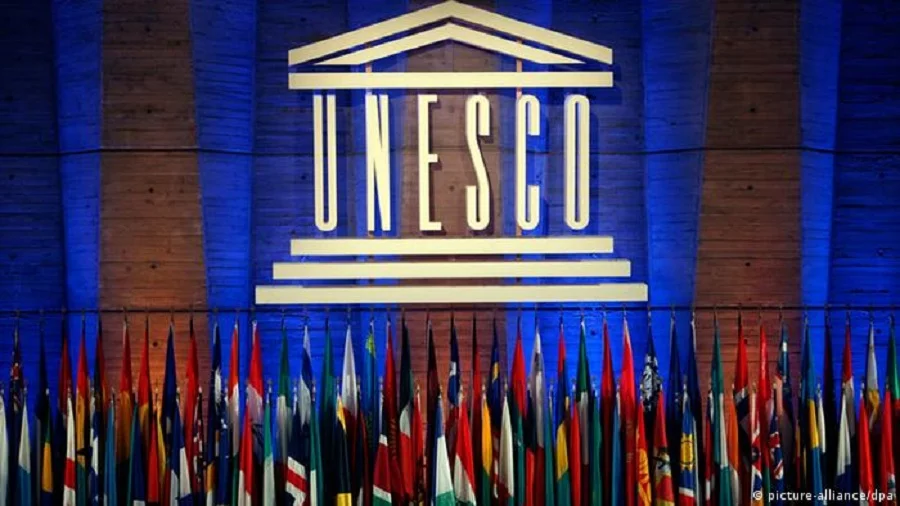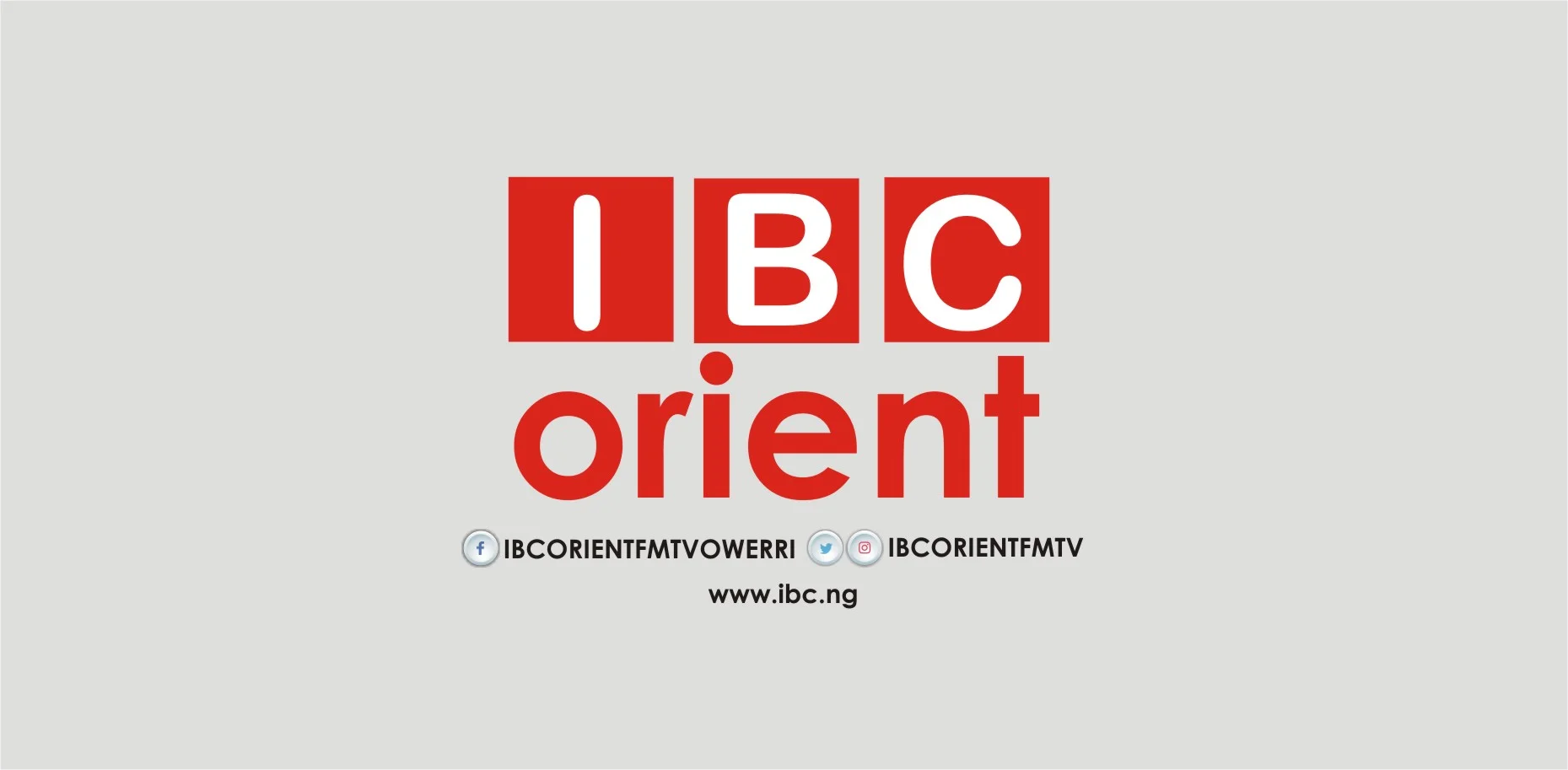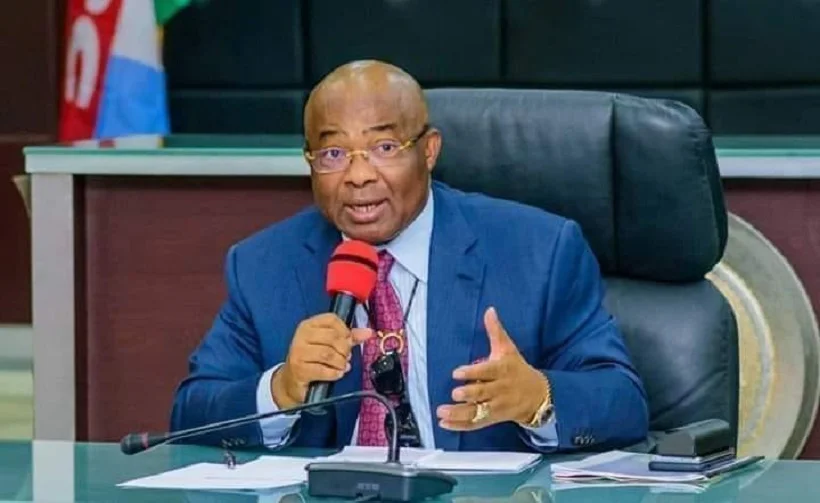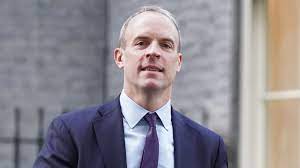The UNESCO on Friday adopted the Abuja Declaration that preferred global funding of Media and Information Literacy (MIL) as panacea to the global scourge of fake news, disinformation and misinformation.
The Declaration was adopted by acclamation of 65 UNESCO-member countries physically present and others who participated virtually at the 2022 UNESCO Global Media and Information Literacy Week which ended on Friday in Abuja.
The News Agency of Nigeria (NAN) reports the 10-page document titled “Abuja Declaration on Global Financing for Media and Information Literacy: An Imperative to Fight Against Disinformation and Build Trust” was read to the participants by Mr Alton Grizzie, Programme Specialist Communication and Information, UNESCO.
Prior to its adoption, the UN Secretary-General, Antonio Guterres, in a virtual message charged all UN member-states to formulate policies that would make the Abuja Declaration workable.
He said global funding of MIL was imperative considering the crisis that followed COVID-19 pandemic globally owing to parallel misinformation and disinformation.
Speaking in the same vein, the Dr Tawfik Jelassi, Assistant Director-General Communication and Information, UNESCO said the Abuja Declaration was an inclusive document and no nation should be left out in its implementation.
For his part, the Minister of Information and Culture, Alhaji Lai Mohammed said the document would greatly accelerate the fight against disinformation and help to build trust.
He urged development partners, multilateral organisations and all countries to commit to supporting and funding the initiative, which he said would ultimately make the world a safer and more peaceful place to live.
He also reiterated Nigeria’s commitment to pursuing, supporting and promoting the right MIL policies and programmes locally and internationally.
As contained in the document, the participants at the conference which featured Youth Agenda Forum resolved that government around the world should articulate national MIL policies that would serve as guide across all levels of government.
They agreed that all nations must see literacy as imperative to fight against disinformation and building trust as well develop and implement training modules on this.
Member states are also to allocate specific budgets to the development of media and information literacy programmes and embedded MIL programmes across education curriculum.
They agreed to create an International MIL Fund to be administered by UNESCO where states and private sector can make donation.
The participants also called on the private sector including digital communication platforms and media, international/bilateral donors, foundations and inter-governmental organisation to donate into the UNESCO MIL Fund.







2 Comments